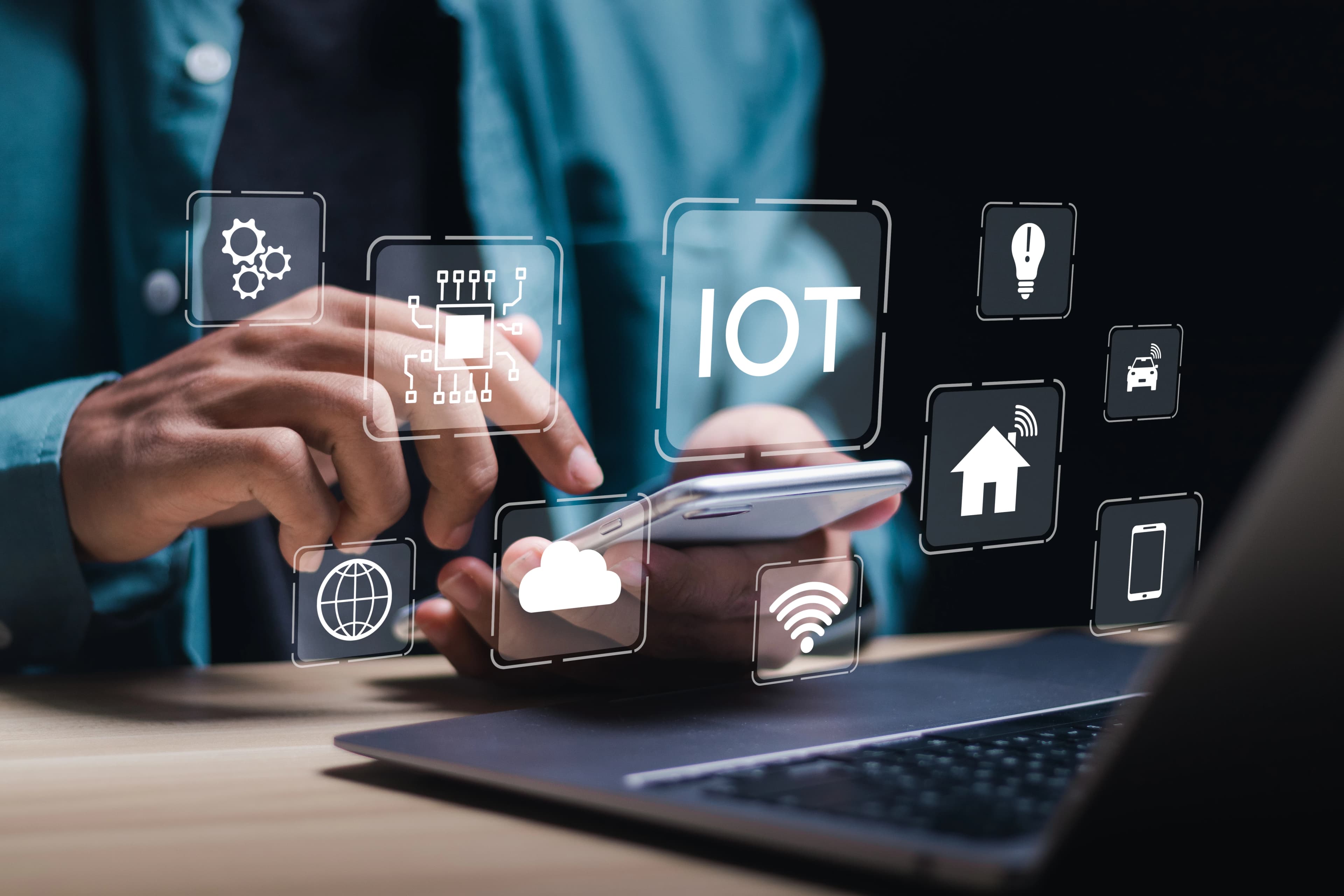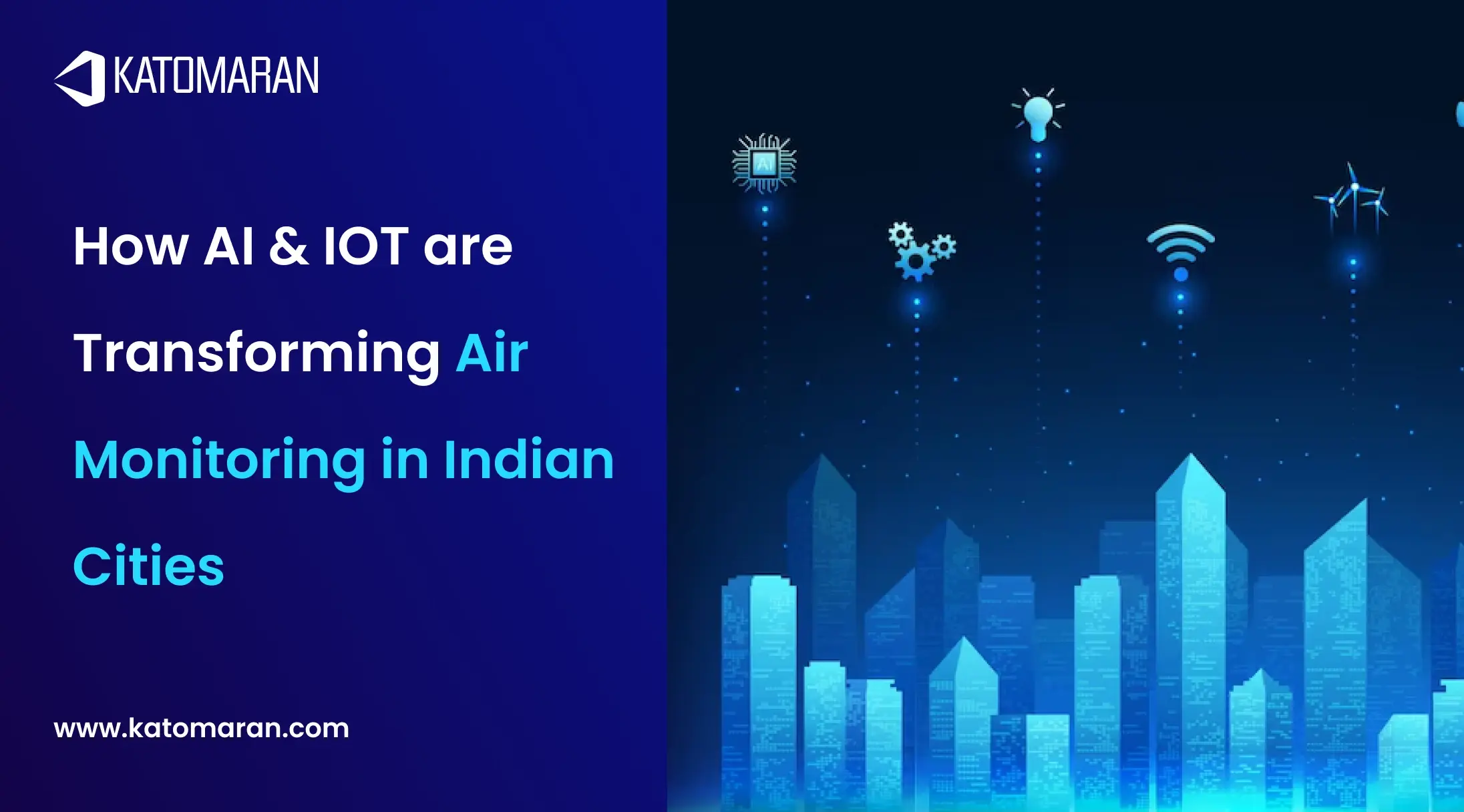Introduction
The rise of smart devices and IoT has transformed the way people live, work, and connect. From smart homes to industrial automation, IoT app development plays a major role in bridging the gap between connected devices and user needs. Businesses across multiple industries are leveraging IoT solutions to gain efficiency, real-time insights, and a competitive edge. In this blog, we’ll explore the basics of IoT application development and uncover the key benefits it brings for both individuals and enterprises.
What is IoT App Development?
At its core, IoT app development is the process of building software that allows connected devices to collect, process, and share data seamlessly. These IoT apps act as the interface between physical devices, cloud platforms, and end users.
Key components include:
1. Connected devices such as sensors, wearables, and machines.
2. Communication protocols enabling data transfer.
3. Cloud and analytics platforms for processing large datasets.
4. User-friendly interfaces to help people control and monitor devices.
Whether it’s industrial IoT for factories or consumer IoT in smart homes, the success of an IoT app depends on seamless integration between hardware and software.
Basics of IoT App Development
Developing IoT apps requires a seamless blend of hardware integration, software coding, and cloud support. The process typically begins with data collection from sensors or connected devices, followed by secure transmission through reliable networks. Once the data reaches the cloud or edge computing systems, it is processed and analyzed to generate meaningful insights. Finally, users interact with this data through mobile or web applications that provide easy control and monitoring features. Everyday examples of smart device apps include fitness trackers, smart lighting systems, and connected home assistants. These applications showcase how IoT app development connects digital intelligence with physical activities, making daily life more convenient, efficient, and interactive.
IoT Application Use Cases
IoT applications are transforming multiple industries. Here are some popular IoT application use cases:
Smart Homes
IoT apps are revolutionizing smart homes by allowing users to control lighting, appliances, and security systems remotely. Homeowners can adjust thermostats, switch off unused devices, or monitor surveillance cameras directly from their smartphones. This not only brings convenience but also helps save energy and improve home safety.
Healthcare IoT Apps
In healthcare, IoT-powered applications enable remote patient monitoring and health tracking. Wearable devices and connected sensors record vital signs, transmit data to healthcare providers, and facilitate timely interventions. This reduces hospital visits, supports personalized treatment plans, and enhances overall patient care.
Manufacturing and Industrial IoT (IIoT)
The industrial sector is experiencing a significant transformation through IoT application use cases. Smart factories utilize IoT apps to automate production lines, monitor equipment performance, and predict maintenance needs. This minimizes downtime, enhances safety, and improves productivity, leading to greater operational efficiency.
Retail and Logistics
Retailers and logistics companies are leveraging IoT solutions to streamline operations. Connected devices help manage inventory in real time, track shipments across geographies, and ensure faster deliveries. For customers, this means a seamless shopping experience, timely deliveries, and better service quality.
Smart Cities
IoT applications are a driving force behind the development of smart cities. From traffic management systems that reduce congestion to smart waste collection and energy management, IoT improves urban living standards while promoting sustainability and efficiency.
AIoT Integration
The combination of AIoT (Artificial Intelligence + IoT) further enhances decision-making capabilities. By integrating AI with IoT, businesses can predict equipment failures, optimize energy consumption, and enable intelligent automation across industries, resulting in faster, smarter, and more reliable operations.
Key Benefits of IoT App Development
The demand for IoT app development continues to rise because of its tangible benefits:
Business Efficiency & Automation: IoT app development streamlines operations by automating repetitive tasks, reducing manual effort, and improving overall productivity across all business processes.
Real-Time Monitoring & Control: IoT apps allow businesses to monitor devices and systems continuously, enabling instant responses and minimizing downtime or operational disruptions.
Data-Driven Insights: Connected devices generate actionable data, helping organizations make informed decisions, optimize strategies, and enhance both performance and user satisfaction.
Enhanced User Experience: IoT apps deliver convenience and personalization, allowing users to interact seamlessly with smart devices for improved daily living and engagement.
Scalability and Cost Savings: IoT solutions are highly scalable, reducing infrastructure costs, optimizing resource usage, and supporting business expansion efficiently
IoT App Development for Businesses
More and more companies are realizing the transformative potential of IoT app development for businesses. By connecting devices, processes, and people, organizations can create an integrated ecosystem that enhances overall efficiency and performance. Automation through IoT apps provides a significant competitive advantage by reducing manual effort, minimizing errors, and speeding up workflows across various departments.
IoT solutions also improve customer engagement by delivering personalized experiences. Businesses can track user behavior, analyze preferences, and offer tailored services or product recommendations, which leads to higher satisfaction and loyalty. In addition, IoT apps optimize operations, streamline supply chains, and enhance field services by providing real-time visibility into assets, inventory, and workforce activities.
For larger enterprises, the integration of industrial IoT (IIoT) and AIoT (Artificial Intelligence + IoT) opens up new possibilities. Factories can implement predictive maintenance, smart automation, and intelligent monitoring systems to reduce downtime and increase productivity. This combination of IoT and AI enables innovative service models, allowing businesses to operate more efficiently, make data-driven decisions, and stay ahead in a competitive market.
Conclusion
IoT app development is more than just connecting devices—it's about creating smarter, data-driven solutions that transform how we live and work. From consumer-focused smart device apps to large-scale industrial IoT platforms, the possibilities are endless. Businesses that embrace IoT solutions today stand to gain improved efficiency, innovation, and long-term growth.
At Katomaran Technologies, we specialize in delivering tailored IoT app development for businesses, ensuring secure, scalable, and future-ready solutions. Ready to harness the power of IoT for your organization? Let's build the future together.




